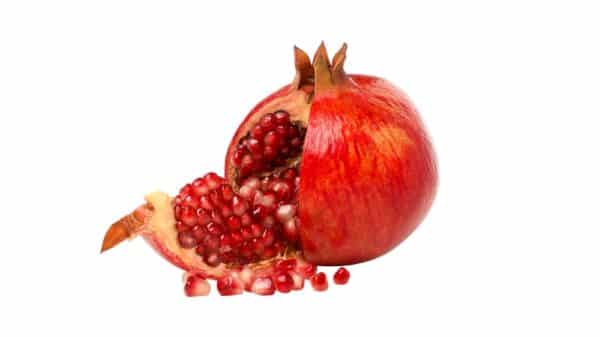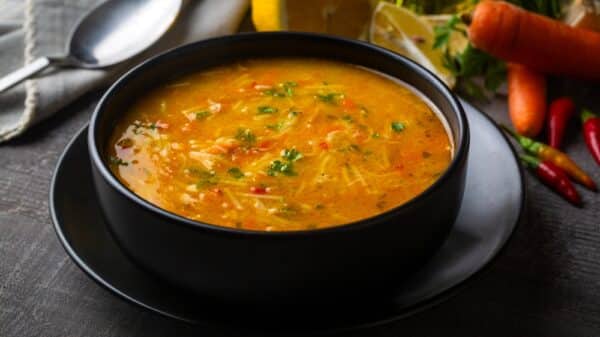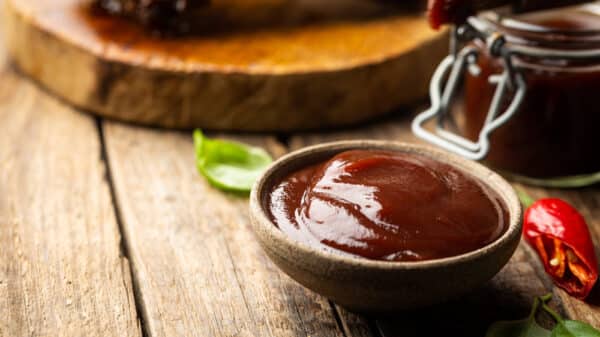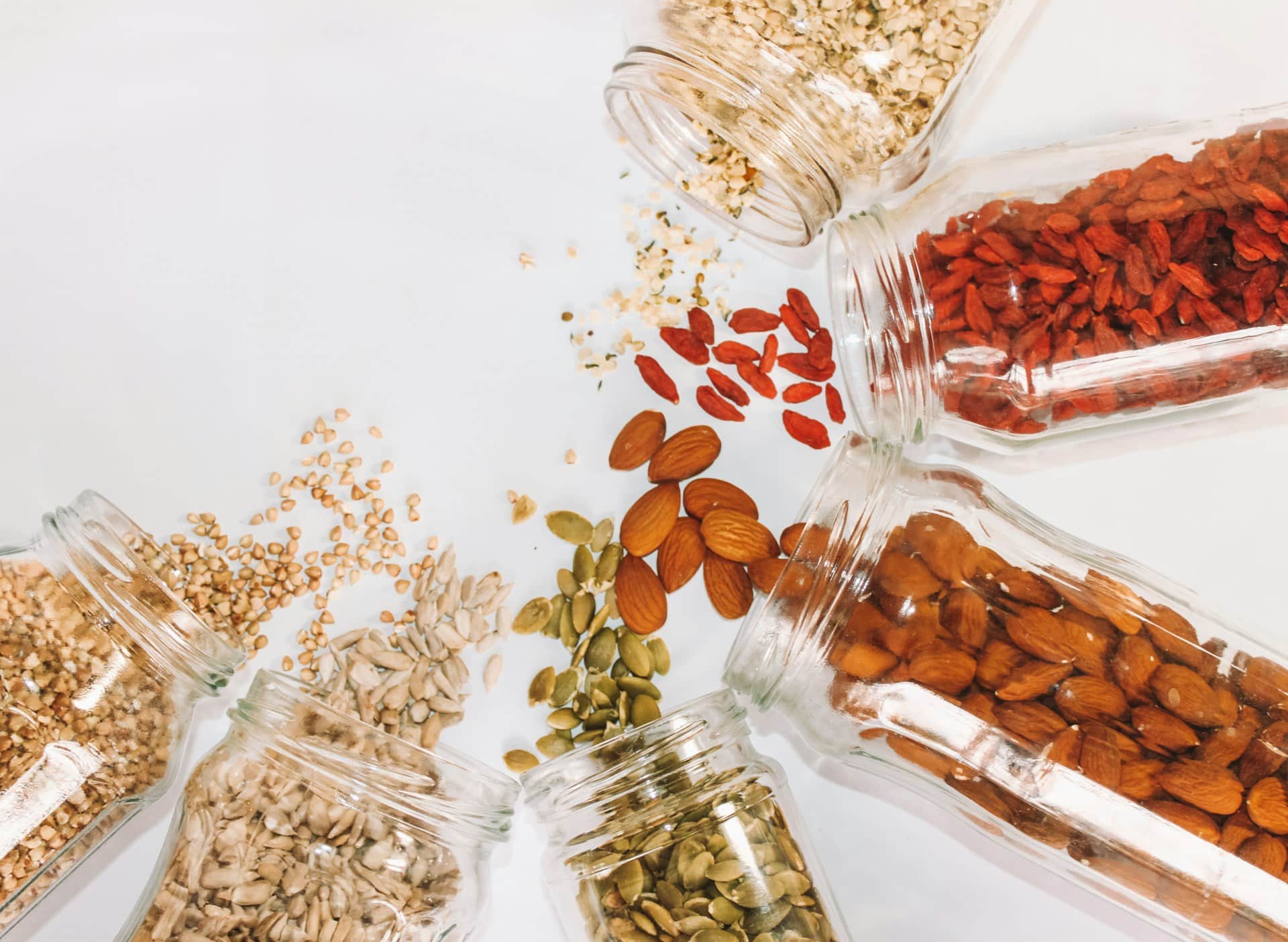Understanding the Importance of Magnesium
Magnesium is often overshadowed by other minerals, yet its importance in maintaining our health is monumental. This versatile mineral plays a critical role in various bodily functions, including muscle and nerve activity and heart rhythm regulation. As more research emerges, the benefits of magnesium continue to unfold, presenting it as a vital element in our diets.
The Link Between Magnesium and Heart Health
Studies indicate that increased magnesium intake can lead to lower blood pressure, acting as a form of protection for heart health over time. Higher magnesium levels are associated with a reduced risk of conditions such as hypertension, making it a natural safeguard for the cardiovascular system.
Magnesium and Blood Sugar Management
Beyond heart health, magnesium plays a pivotal role in managing blood sugar levels. Adequate intake of magnesium may lower the risk of developing type 2 diabetes, potentially helping to maintain stable energy levels and overall metabolic health.
Enhancing Bone Health
Magnesium isn’t just a mineral for muscles; it’s also essential for bone health. It contributes significantly to bone mineral density, which is crucial for reducing the chances of fractures and preventing osteoporosis as we age.
Are You Getting Enough Magnesium?
Despite its importance, many individuals do not meet their daily magnesium requirements, which range from 310 to 420 milligrams, depending on age and sex. While supplements can offer a solution, obtaining magnesium from whole food sources is recommended for optimal health benefits. Registered dietitian Carrie Gabriel emphasizes that “magnesium from food sources is often more bioavailable,” allowing the body to absorb it more effectively.
Nourishing Your Body with Whole Foods
In addition to magnesium, whole foods offer a wealth of nutrients that supplements can’t replicate. Dietitian Jessie Winstead notes that whole foods provide fiber, protein, and antioxidants, which contribute to a greater overall nutrient profile.
Here are six magnesium-rich foods that can easily be integrated into your diet:
1. Pumpkin Seeds
Pumpkin seeds are a fantastic source of magnesium, offering 156 mg per ounce—approximately 37% of your daily needs. They also provide iron and healthy fats. Consider adding them to salads or grain bowls, or mix them into homemade granola bars for an extra crunch and nutrition boost.
2. Chia Seeds
Chia seeds, tiny but mighty, contain 95 mg of magnesium per ounce, alongside omega-3 fatty acids and fiber. A simple way to incorporate them is by stirring them into yogurt or oatmeal. This little addition can significantly impact your overall health.
3. Almonds
A convenient snack option, almonds provide about 80 mg of magnesium per ounce, along with vitamin E and healthy fats. Try combining slivered almonds with fresh berries on top of Greek yogurt for a satisfying treat that offers both taste and nutrition.
4. Black Beans
Black beans are not only rich in plant-based protein and fiber but also a good source of magnesium. A half-cup of cooked black beans contains around 60 mg of magnesium. They are affordable and versatile; add them to tacos, burrito bowls, or mash them into a savory dip.
5. Spinach
Leafy greens like spinach deliver 78 mg of magnesium in just half a cup when cooked. They are also packed with iron and antioxidants. Incorporate spinach into your meals by adding it to omelets, soups, or smoothies for a nutrient boost. Cooking spinach can enhance its magnesium content, making it easier to increase your intake.
6. Dark Chocolate
Indulging in dark chocolate can also elevate your magnesium levels. A one-ounce piece (especially with 70% cocoa or higher) offers about 65 mg of magnesium. Enjoy it as a post-meal treat, melt it to drizzle over fruits, or chop it up for homemade energy bites—who says being healthy can’t be enjoyable?
Final Thoughts
In summary, magnesium is crucial for heart health, blood sugar regulation, and bone strength. By incorporating various magnesium-rich foods into your diet, such as seeds, nuts, beans, and leafy greens, you not only boost your magnesium intake but also enrich your overall nutritional profile with fiber, proteins, and antioxidants. Embrace these delicious foods and get creative in your kitchen—your health will thank you!
Image Source: Unsplash































